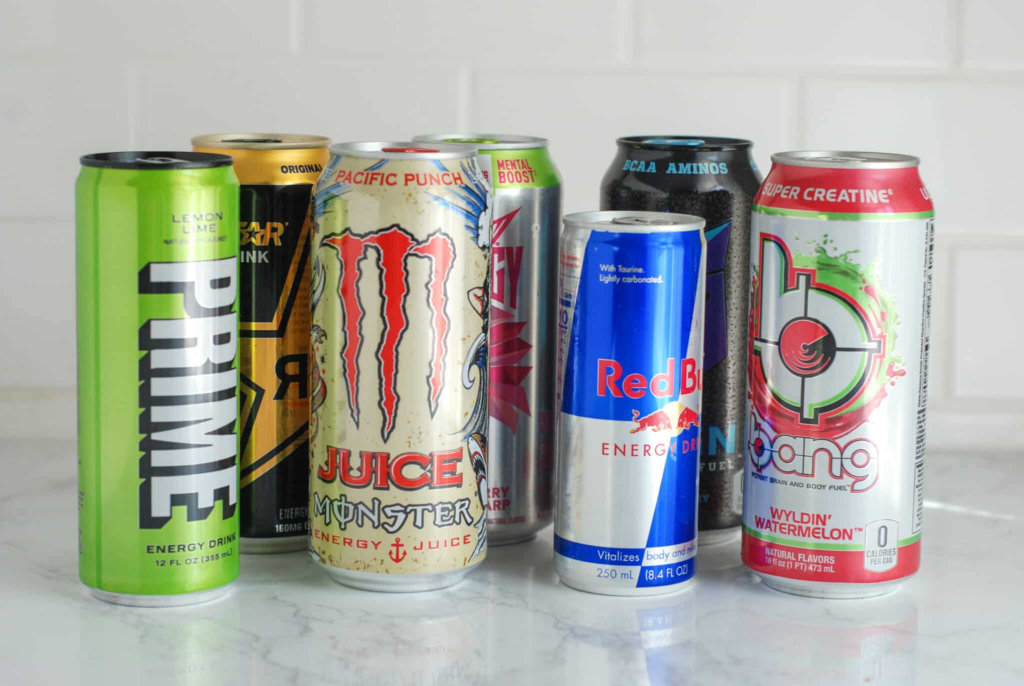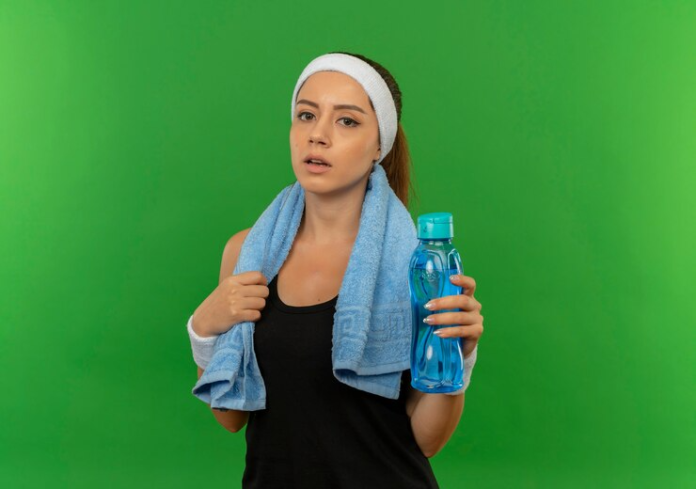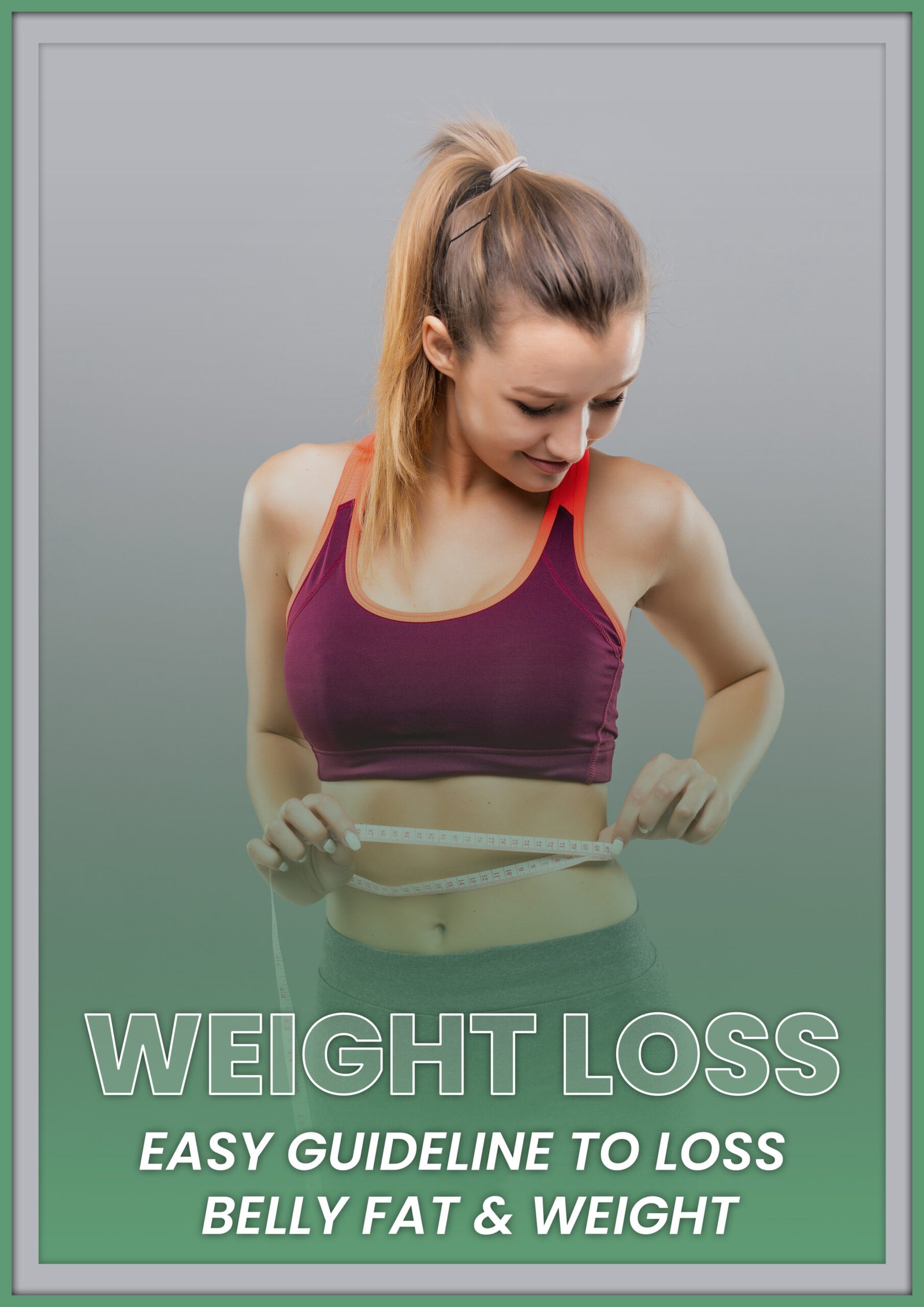As the summer sun heats, staying hydrated becomes more critical. Dehydration can zap your energy, lead to headaches, and even impact your overall health. But fear not, fellow sun-dwellers! This guide will equip you with top tips to stay hydrated and cool all season. From refreshing drinks to delicious water-rich foods, we’ll explore simple strategies to ensure your body stays happy and hydrated throughout the hottest days. Let’s dive in and beat the heat together!
Tips for staying hydrated
1. Drink more water
While it sounds simple, drinking enough water is the cornerstone of staying hydrated. Our bodies are roughly 60% water; this vital fluid plays a crucial role in everything from regulating body temperature to flushing toxins. When we become dehydrated, even mildly, we can experience fatigue, headaches, and difficulty concentrating. The key is consistently sipping water throughout the day, even before you feel thirsty. Dehydrated water is no match for a consistently hydrated body! By making water your go-to beverage, you’ll be well on your way to feeling your best and keeping your body functioning optimally.
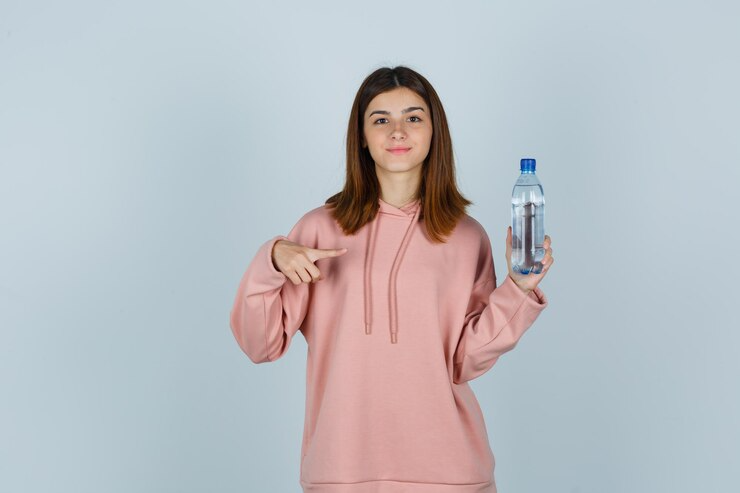
2. Hydrating foods
Please don’t underestimate the power of your plate when it comes to hydration! While water remains the ultimate thirst quencher, incorporating hydrating foods into your diet is a fantastic way to boost your daily fluid intake. These “best foods for hydration” are typically packed with water, often reaching over 90% water content. Fruits like watermelon, strawberries, oranges, and vegetables like cucumber, celery, and leafy greens, are excellent choices. By incorporating various hydrating foods throughout the day, you’ll provide your body with essential fluids and nutrients simultaneously. So next time you’re looking to up your hydration game, consider reaching for some of these delicious “best foods for hydration.” They’ll keep you cool, refreshed, and fueled for whatever the day throws your way.
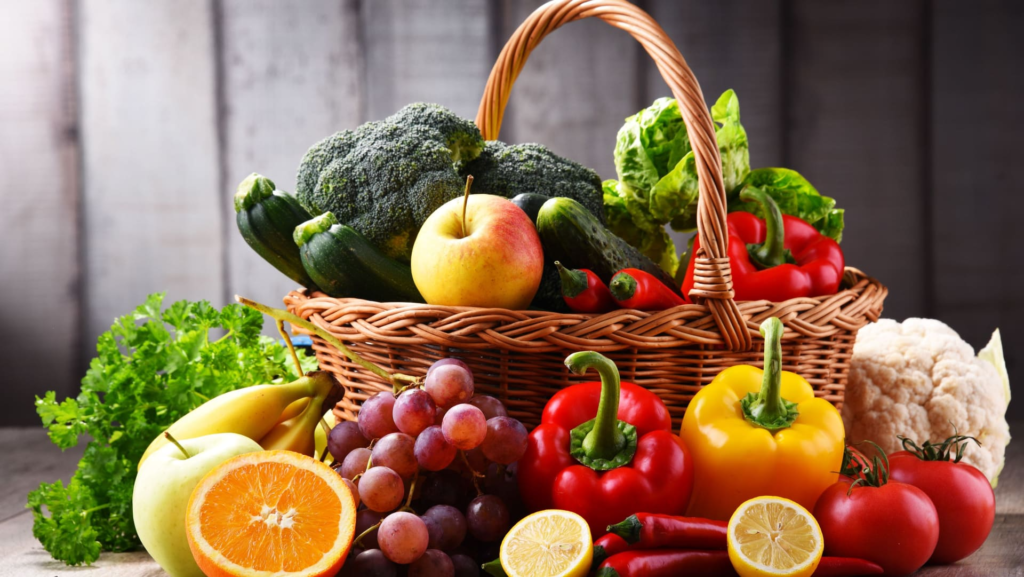
3. Avoid caffeine
While that morning cup of coffee might jumpstart your day, it’s essential to be mindful of your caffeine intake for optimal hydration. Caffeine acts as a diuretic, meaning it increases urine production and can lead to fluid loss. This can be especially concerning on hot days or during exercise, when sweating increases. Consider swapping your usual high-caffeine beverage for water or herbal tea. Despite containing some caffeine, green tea boasts other hydrating benefits and is a gentler alternative. If you rely on caffeine for that extra boost, try limiting “caffeine pouches” or other concentrated sources and opting for water alongside them. Remember, moderation is key. A cup of coffee or tea likely won’t significantly impact hydration, but be mindful of your overall caffeine consumption throughout the day to ensure you stay adequately hydrated.

4. Build hydration into your routine
Transforming hydration into a habit takes a little creativity and consistency. Here’s how to seamlessly weave it into your daily routine: Start strong with a large glass of water first thing in the morning to rehydrate after sleep. Carry a reusable water bottle with you everywhere; having it readily available becomes a constant reminder to sip. Flavor your water with slices of lemon, cucumber, or berries for a taste upgrade. Set phone reminders or download a hydration app to nudge you to drink throughout the day. Pair water intake with existing habits—chug a glass before each meal or after brushing your teeth. Track your progress with a simple chart or app; seeing your progress visually can be motivating. By incorporating these simple strategies, you’ll be well on your way to automatic hydration and a healthier, happier you!
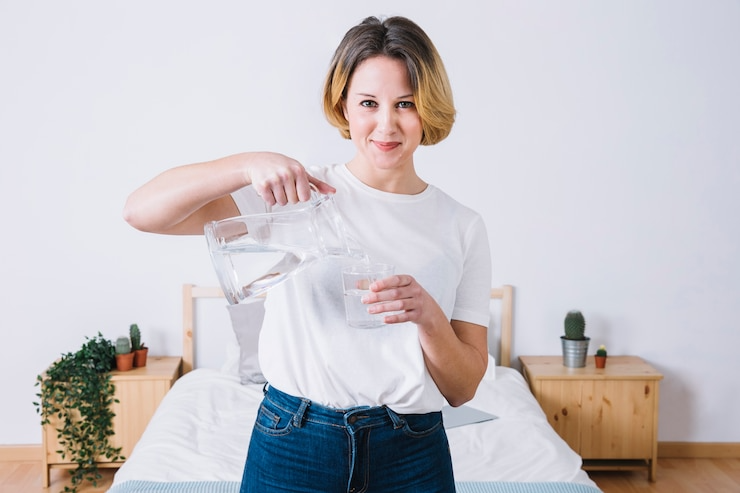
5. Drink water before you exercise
Don’t hit the gym running (or lifting) on “dehydrated water”! Fueling your body with proper hydration is crucial before, during, and after exercise. Starting your workout dehydrated puts you at a disadvantage. Your body relies on water to regulate temperature, lubricate joints, and deliver nutrients to your muscles. When you exercise, you sweat, losing fluids that need replenishment. Aim to drink 16–20 ounces of water 2 hours before your workout. This gives your body ample time to absorb the water and avoid feeling sluggish. Remember, dehydrated water won’t do you any favors. By prioritizing hydration beforehand, you’ll ensure your body is performing at its peak and can reap the full benefits of your workout.
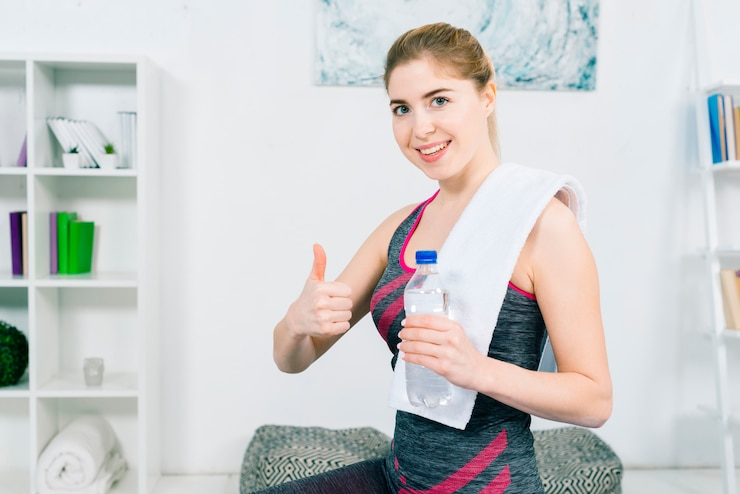
6. Avoiding alcohol
Avoiding alcohol is a crucial strategy for staying hydrated. While that after-work drink might seem appealing, alcohol acts as a diuretic, meaning it increases urine production and flushes fluids from your body. This can leave you dehydrated, especially during hot weather or after exercise. Luckily, there are plenty of delicious and hydrating alternatives to enjoy. Sparkling water with a squeeze of citrus or flavorful iced teas are refreshing options. For those who enjoy the ritual of wine, non alcoholic wines offer a fantastic solution. These beverages come in a wide range of styles and flavors, allowing you to unwind and savor the experience of wine without the dehydrating effects of alcohol. Next time you want to relax, ditch the dehydrating drinks and reach for a glass of non alcoholic wine. You’ll be surprised by the variety and quality available, and your body will thank you for staying hydrated!

7. Sports drinks
While water remains the champion of hydration, sports drinks can play a valuable role, especially during intense exercise lasting longer than an hour. When sweat pours, you lose fluids and electrolytes like sodium and potassium, which are crucial for muscle function and nerve transmission. This is where a “ready sports drink” comes in handy. These formulated beverages contain electrolytes along with carbohydrates for a quick energy boost. However, it’s essential to choose wisely. Opt for sports drinks with moderate sugar content and prioritize electrolytes over excessive sweetness. Remember, a “ready sports drink” is best suited for heavy exercise sessions; plain water reigns supreme for everyday hydration. If you’re unsure whether a sports drink is necessary for your activity level, consult a doctor or registered dietitian. They can help you determine if a “ready sports drink” has a place in your hydration strategy.
